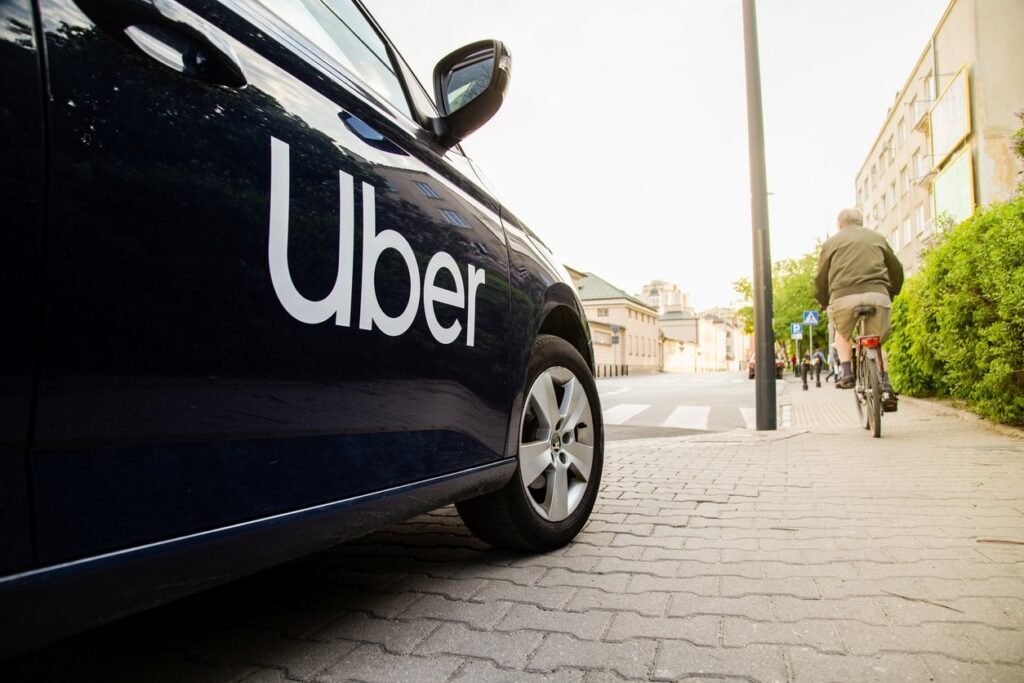
Three months earlier than the Delhi rape, the Uber Asia chief informed the India team to ‘embrace the chaos’
Barely one year into its release in India, on August 23, 2014, Uber’s then Asia Head, Allen Penn, despatched an e-mail to the team here: “Embrace the chaos. It means you’re doing some thing meaningful.” There was some “chaos” a little over 3 months later — on December 5, 2014, a female passenger was sexually assaulted in an Uber cab by its driver in New Delhi.
To join our whatsapp group
Click here.

In his August e-mail titled “handling regulatory problems,” Penn laid out for his Indian colleagues that what it now transpires was a general working procedure: how Uber managers must stonewall queries and missives from the government. While encouraging the crew – “Irrespective of what the competition and entrenched pursuits say, You and Uber are those enhancing India” – he informed them on how to keep the government at bay.
“We will probably have each local and countrywide problem in almost every city in India for the rest of your tenure at Uber… Don’t communicate to the Government or folks near the Government until you’ve got specifically mentioned with Jordan (a reference to Jordan Condo, Uber’s Head of Public Policy for Asia)… we will typically stall, be unresponsive, and frequently say no to what they want. This is how we function and it’s almost always the best.
Read more :- Sri Lankan President Gotabaya Rajapaksa to renounce, Parliament speaker says; protesters storm his residence
Early brief conferences set us up for failure. Get comfortable with that approach… don’t allow it to distract you out of your mission to dominate the market,” he wrote. The email is a part of The Uber Files investigated by The Indian Express. These statistics had been obtained by The Guardian and shared with the International Consortium of Investigative Journalists with which The Indian Express has partnered for this investigation.
The New Delhi rape case noticed Uber being quickly withdrawn from the Capital’s roads and the ride-hailing service being forced, for the first time in any city in the world, to use for a licence to control operations through an Indian subsidiary, and not Uber BV, its global organization placed in the Netherlands.
Uber later confronted a slew of regulatory troubles with the Reserve Bank of India and governmental authorities just like the Service Tax, Consumer Courts and Income Tax. And it nonetheless does. Emails and internal files reveal that India was among the nations in which Uber deployed its specific blocking software program which company insiders refer to as ‘Kill Switch’ in internal emails. The ‘Kill Switch’ was supposed for used to replace off structures on the occasion of serious regulatory action, like a tax raid.
